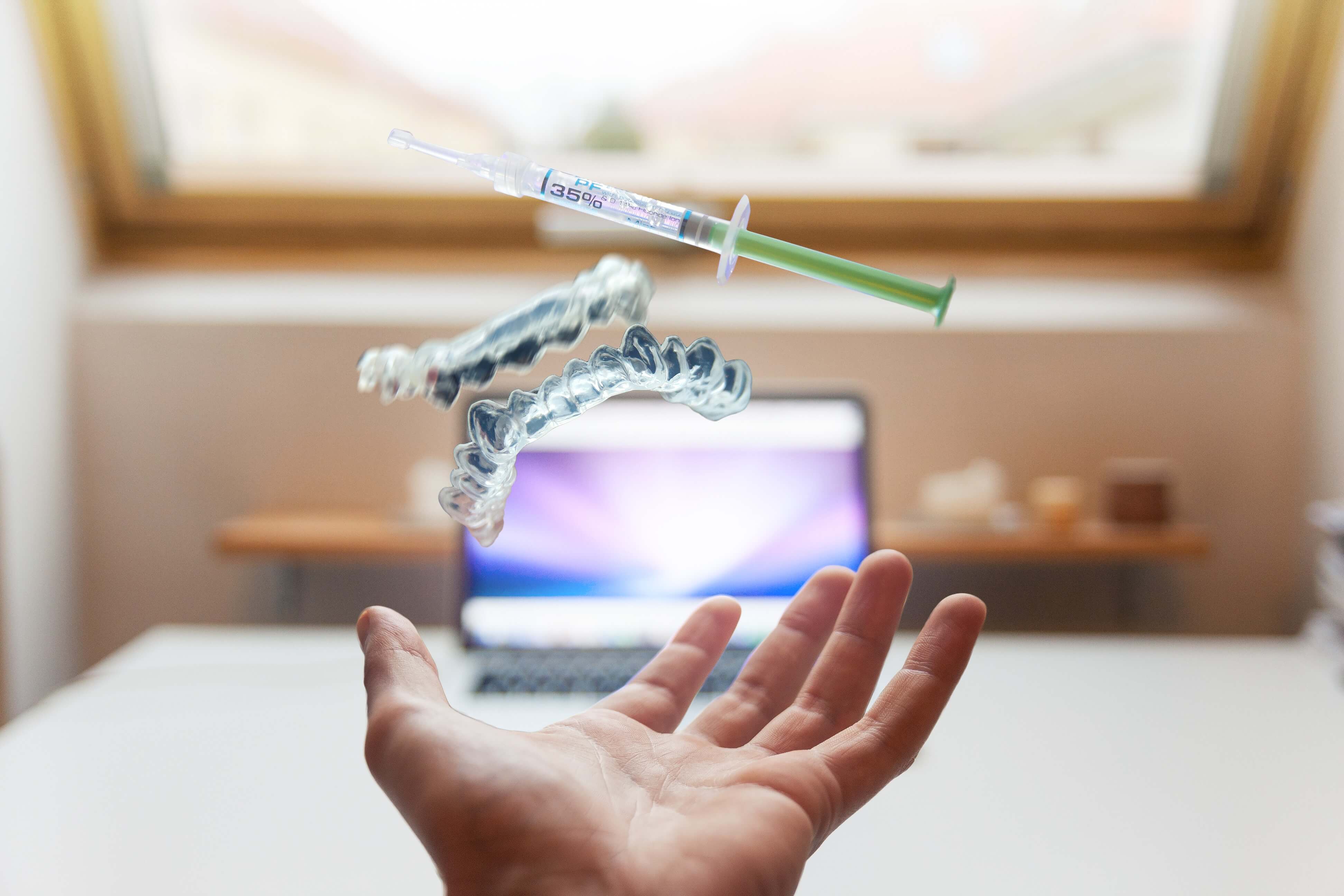Find out how to prove a dental malpractice claim.
We place a lot of trust in dentists. We allow them to use sharp objects inside our mouths when we cannot see or typically even understand entirely what’s happening.
We expect dentists, dental hygienists, anesthesiologists, and orthodontists to do a professional job, so when they do not and they cause unnecessary pain and suffering, we look to see what we can do about it. On thing we can do about it Is to file a dental malpractice claim.
In order to prove a dental malpractice claim the following four elements must all be true:
1. There is a patient-dentist relationship.
2. The dentist acted negligently and made an error. An average dentist would not have made this error.
3. The patient suffered injuries.
4. The injuries that the patient suffered are a direct result of the dentist’s error.
If all four of these elements are true, then the patient may have a strong dental malpractice lawsuit.
What are some common dental malpractice lawsuits?
- Dangerous drug interactions due to failure to take the patient’s medical history.
- Delaying procedures without reason.
- Failure to diagnose an issue such as gum disease or cancer.
- Errors during procedures such as during root canals, extractions or bridge operations.
- Throat blockages.
- Anesthesia errors.
- Infections due to poor medical treatment.
Additionally, part of the reason we place a great deal of trusts in medical professionals is because we understand that to become qualified and to see patients they must attend many years of school and go through rigorous training. Although we all would like to believe that medical personnel are all qualified to be practicing in healthcare, sometimes individuals are not qualified and victims can also sue for that as well. If a professional does not have the correct licensing, possess the necessary training, or has not passed the correct tests, they may not be qualified to be dentists.
Consult with an experienced personal injury attorney who specializes in malpractice claims in order to learn more about the chances of success your case has. Every case is unique and must be looked at individually. Victims may be entitled to compensation for additional medical expenses, pain and suffering and lost wages.
For more information about dental malpractice, send us a message.








Comments